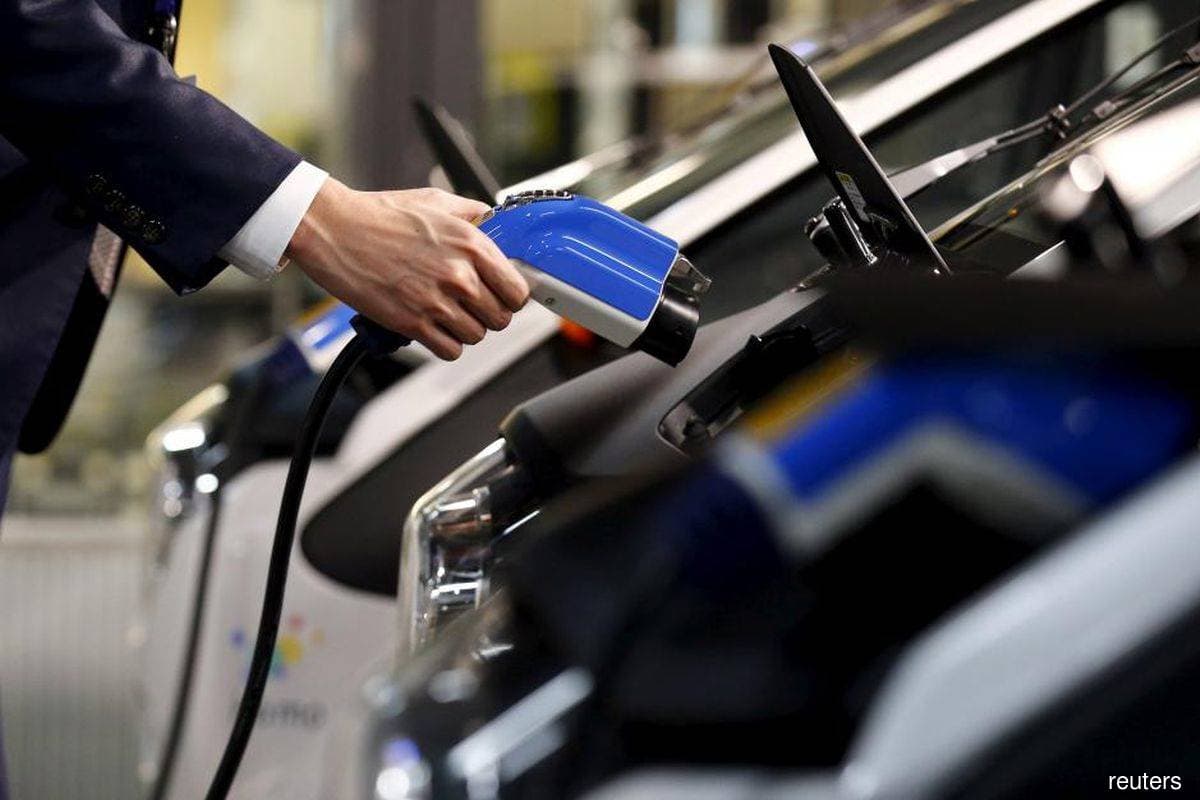
KUALA LUMPUR (March 10): Several factors will make 2023 a true test to the resolve of governments and the automotive industry in driving battery-electric vehicles (BEVs) forward, according to Gartner, Inc.
In a statement on Thursday (March 9), Gartner VP analyst Pedro Pacheco said 2023 is the moment of truth to drive full electrification forward.
He said the spike in electricity prices in Europe makes BEV running costs less attractive, with some countries, like the UK, Switzerland and Australia, starting to introduce EV taxation.
“In addition, China ended electric vehicle subsidies at the beginning of 2023 and global charging infrastructure still has many coverage gaps and the average quality of service is poor,” he said.
Gartner said that in addition, the sharp increase in raw material prices like lithium and nickel will inherently drive BEV costs higher, which will make it harder for original equipment manufacturers (OEMs) to close the price gap with internal combustion.
It said as a result, BEV sales may grow at a considerably lower pace or stall in some markets, making investments related BEVs taking longer to achieve breakeven.
Gartner expects supply chain shortages in the automotive industry to continue through 2023.
Meanwhile, Mike Ramsey, VP analyst at Gartner said more than two years after the pandemic began, carmakers still cannot forecast an end to shortages of semiconductor chips or the subsequent shortage of vehicles they can produce.
“They also face short supply of key materials for BEV batteries, causing the prices of commodities to surge,” he said.
Pacheco said the digital transformation of automotive retail has not stalled, simply reduced speed.
“As the challenging economic environment is slowly moving the automotive market from supply-constraint to demand-constrained, automakers and retailers will refocus on the transition to online retail sales.
“They will also do so to reduce sales costs.”
Pacheco said this downturn period provides an opportunity for automotive CIOs to help their companies grow their market share through technology. For instance, several established automakers are trying to transform into technology companies, but their corporate culture has been a major obstacle to their ambitions.
“This must be their starting point to avoid widening the gap with digital native automakers and grow their revenue via the use of technology even further,” he said.
Beyond 2023
Gartner predicts that by 2026, more than 50% of EVs sold globally will be Chinese-branded automobiles.
Ramsey said there are more than 15 Chinese companies selling EVs and many of these are smaller and much less expensive models than those sold by foreign rivals.
“While foreign automakers like Tesla, VW and GM are selling a lot of EVs in China, the growth is much faster with Chinese companies,” he said.
As demand grows around the world for EVs, Chinese firms are well-situated to take advantage of the growth with good access to key minerals and battery manufacturing capacity in China.
Gartner recommends that automotive CIOs focus on EVs, integrate supply chain planning and visibility software to ensure better business decisions about where key materials are sourced and ensure resiliency for key materials.
Gartner analysts estimate that by 2025, tech giants will own a part of the operating system for 95% of new cars on the road.